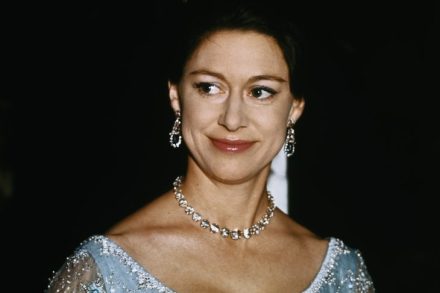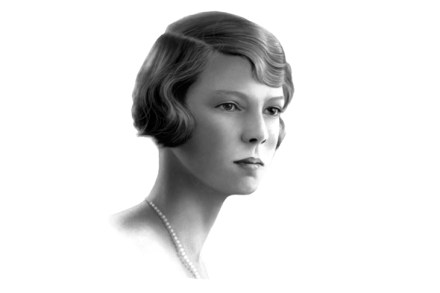Books of the Year | 9 November 2017
Lead book reviewA.N. Wilson Elmet by Fiona Mozley (John Murray, £10.99). It is difficult to convey the full horror of this spellbinding first novel. The young author, a medievalist, presumably knows the no less violent Njál’s Saga. Elmet, though set in the modern age, concerns timeless protagonists who have contrived to live outside the normal modern settings.






























